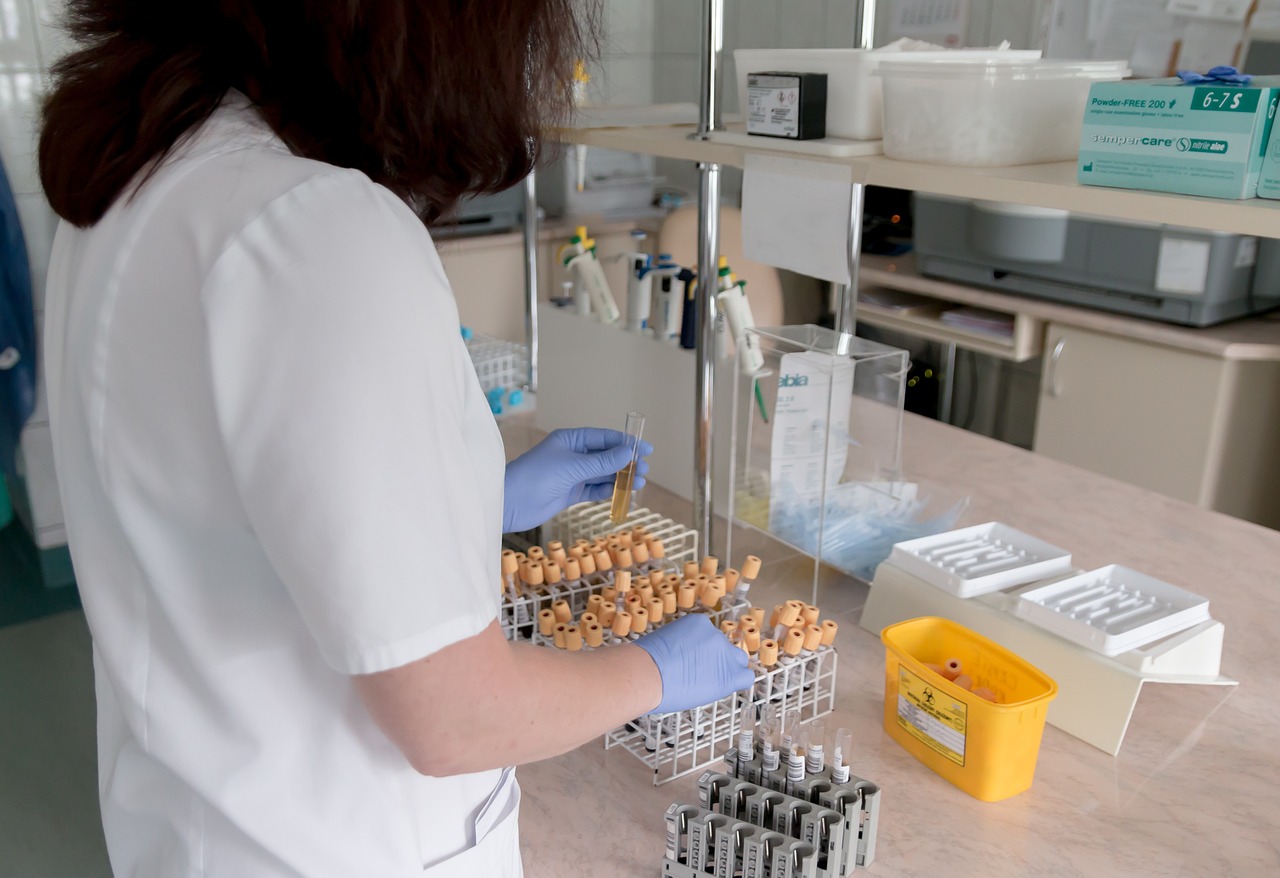
HPV Tumor DNA Liquid Biopsy Test Shows Promise for Oropharyngeal Cancer Diagnosis, Surveillance
2023/7/11 11:34:28 Views£º1286
Original from: 360DX
Researchers have determined that a liquid biopsy human papillomavirus DNA test may serve as a useful tool for the diagnosis and surveillance of HPV-associated oropharyngeal squamous cell carcinoma (OPSCC).
In a paper published in JAMA Otolaryngology¨CHead & Neck Surgery on Monday, a team led by researchers at the Icahn School of Medicine at Mount Sinai evaluated the accuracy of the DNA blood test, NavDx, which was developed by Naveris. The test quantifies fragments of circulating tumor tissue-modified viral (TTMV) HPV DNA that is shed into the blood by cancer cells.
In their retrospective, observational study, the researchers used blood samples from 399 OPSCC patients. Of these, 163 participants were in the diagnostic cohort, of which the majority had HPV-associated OPSCC that was confirmed by p16 staining and molecular tests of biopsies. The NavDx test showed sensitivity of 91.5 percent and 100 percent specificity.
Meanwhile, the surveillance cohort had 290 patients evaluated, of whom 23 had molecularly confirmed pathologic recurrences. In this cohort, the liquid biopsy demonstrated 88.4 percent sensitivity and 100 percent specificity in detecting the recurrences.
"The present results support the use of TTMV-HPV DNA testing as an adjunct test for diagnosis and surveillance, however, future prospective studies are needed to inform the optimal timing of testing and determine how results should inform treatment decisions," the authors wrote.
Currently, most head and neck cancers, including SCC, require tissue biopsy and subsequent staining or molecular testing to confirm the diagnosis. In case of HPV-associated OPSCC, the commonly used diagnostic method is fine needle aspiration (FNA) of a neck lymph node, which comes with challenges. For instance, HPV-associated OPSCC often presents with cystic or necrotic nodes, which are difficult to handle, and the test only has a 70 percent to 80 percent success rate in identifying malignant tumors, the authors noted.
There are several advantages for using liquid biopsy tests, especially for HPV-associated OPSCC, which is a virally mediated cancer. "Since the viral and human genomes are distinct and HPV¡¯s oncogenes are well conserved in tumor tissue, they represent optimal targets for circulating tumor DNA assays," the authors wrote. However, so far, liquid biopsies for this type of cancer were limited to small cohort studies and clinical trials, a reason why the authors undertook this research.
Even though the liquid biopsy test showed high sensitivity and specificity in diagnosing the cancer, the researchers said that more work is needed prove its potential as a standalone diagnostic test for HPV-associated OPSCC, which accounts for the majority of newly diagnosed oropharyngeal cancers.
In an accompanying commentary in the same journal, Miriam Lango, a professor of head and neck surgery at the University of Texas MD Anderson Cancer Center echoed this view and highlighted that not all p16-positive SCCs in the study were HPV related. "Although p16-positive but HPV-negative cancers are grouped with HPV-associated cancers for staging and clinical trial purposes, these cancers are distinct and would not be expected to harbor HPV DNA," she wrote.
Furthermore, the authors of the study cautioned that while the test showed good sensitivity, there was considerable ascertainment bias in that it was only applied to patients with known or suspected OPSCC. The study was not powered or designed to assess its use as a screening tool in the general population, they added.
Source: HPV Tumor DNA Liquid Biopsy Test Shows Promise for Oropharyngeal Cancer Diagnosis, Surveillance

- CAIVD WeChat
Subscription Account

- CAIVD WeChat
Channels
China Association of In-vitro Diagnostics
Part of the information in our website is from the internet.
If by any chance it violates your rights, please contact us.

